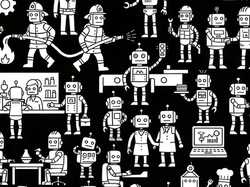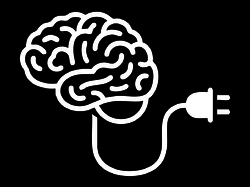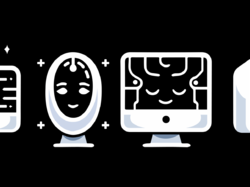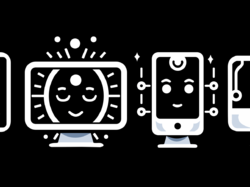In the AI Age, “Being Smart” Will Mean Something Completely Different
By
Josh Clark
Published Aug 2, 2017
As machines become better than people at so many things, the natural question is what’s left for humans—and indeed what makes us human in the first place? Or more practically: what is the future of work for humans if machines are smarter than us in so many ways? Writing for Harvard Business Review, Ed Hess suggests that the answer is in shifting the meaning of human smarts away from information recall, pattern-matching, fast learning—and even accuracy.
What is needed is a new definition of being smart, one that promotes higher levels of human thinking and emotional engagement. The new smart will be determined not by what or how you know but by the quality of your thinking, listening, relating, collaborating, and learning. Quantity is replaced by quality. And that shift will enable us to focus on the hard work of taking our cognitive and emotional skills to a much higher level.
We will spend more time training to be open-minded and learning to update our beliefs in response to new data. We will practice adjusting after our mistakes, and we will invest more in the skills traditionally associated with emotional intelligence. The new smart will be about trying to overcome the two big inhibitors of critical thinking and team collaboration: our ego and our fears. Doing so will make it easier to perceive reality as it is, rather than as we wish it to be. In short, we will embrace humility. That is how we humans will add value in a world of smart technology.





